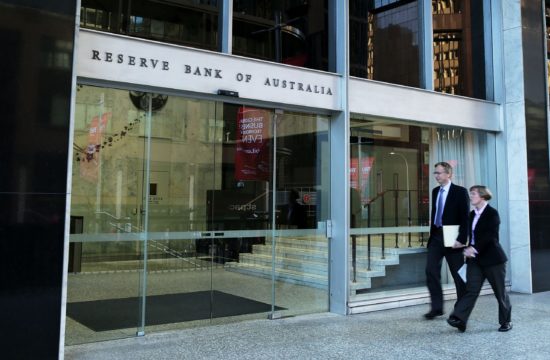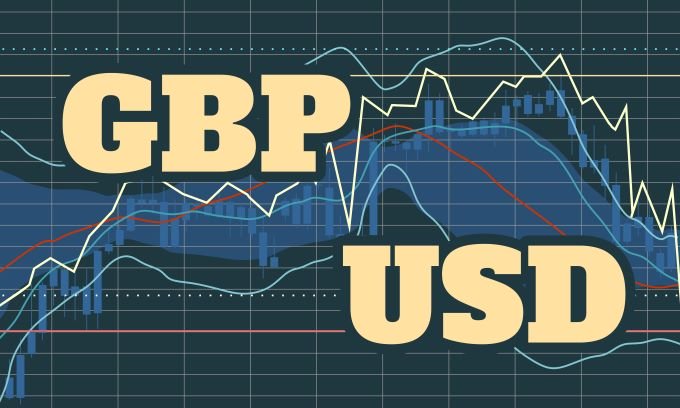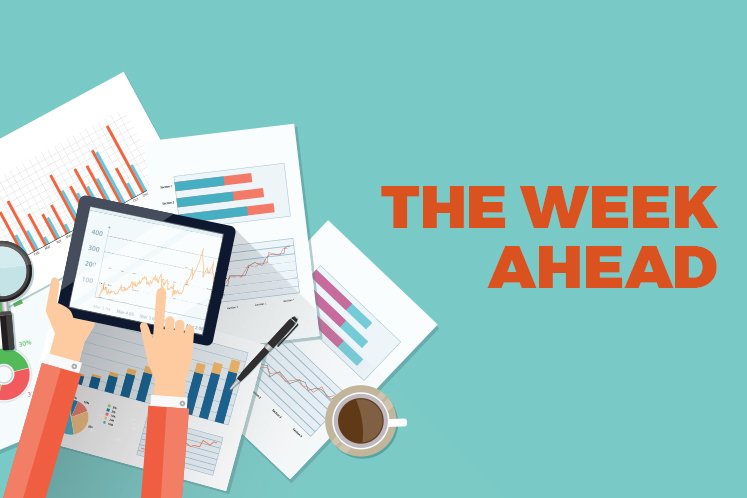Governor Stefan Ingves and Deputy Governor Anna Breman are today taking part in the year’s first hearing on monetary policy at the Riksdag Committee on Finance. They will comment, among other things, on the effects of the coronavirus on the economy.
The spread of this virus will unavoidably have negative effects on economic activity. But it is as yet too early to determine the extent and duration of these effects. “To avoid robust companies being closed down during this period, economic policy as a whole may need to contribute support to affected sectors and access to credit and liquidity. The financial sector and the banks will of course also have to be prepared to make a contribution in this kind of situation,” says Stefan Ingves.
The Riksbank can act in a number of ways to subdue the negative effects of the virus on the economy. The great uncertainty factor can mean that liquidity does not flow where it is most needed. There is then a risk that the financial system could lose its capacity to maintain the credit that companies need to conduct their operations.
“Our assessment right now is that maintaining the supply of liquidity is the most important thing. This could be more generous terms for loans to banks and/or direct purchases of securities. The Riksbank’s earlier asset purchases have meant there is now plenty of liquidity in the system. In the current uncertain situation it is important that this continues to be the case. The Executive Board, therefore, assesses that the Riksbank’s balance sheet should not be reduced in the coming year. We do not see a lower policy rate as the most important measure at present,” says Stefan Ingves.
Anna Breman also illustrates the effects of the coronavirus on the economy. She points to the uncertainty that has arisen on the financial markets in the wake of the spread of the virus. The Riksbank has scope to stimulate the economy if the downturn is severe, she says:
“I feel confident that the Riksbank can act to stabilise the Swedish economy in the threat of a crisis. The Riksbank’s toolbox can be used to the full. However, the type of measures taken will depend on the situation. It is important that measures are implemented where they have the greatest effect. The opportunities to counteract a decline in the Swedish economy will also improve when several policy areas make a contribution.” In the prevailing situation, the Riksbank has close contact with other authorities in Sweden, as well as with other central banks.















